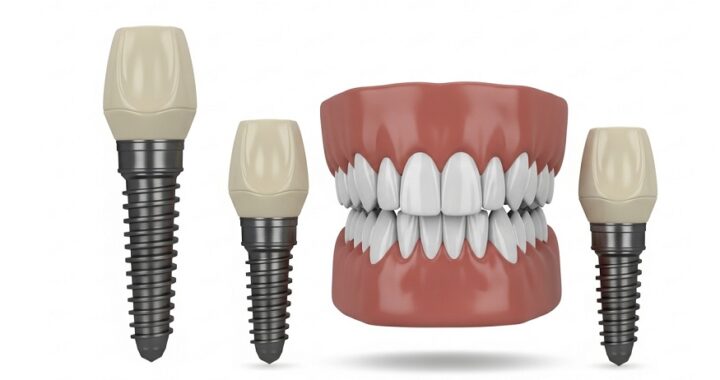wThe Impact Of Genetics On Addiction And Depression

People who get addicted to marijuana use, or experience significant marijuana-related dysfunction without becoming addicted, have a condition called cannabis use disorder. Current evidence indicates that individuals with this disorder have unusually high chances of developing depression and subsequently experience unusually intense combined effects from the two conditions. According to the results of a study published in the journal Addictive Behaviors, marijuana-smoking teenagers with depression symptoms often have a specific genetic trait that makes them more susceptible to depression and addiction problems.
The American Psychiatric Association includes all forms of substance addiction and non-addicted substance abuse in a large, catchall classification known as substance use disorder. In turn, the organization breaks down substance use disorder into separate conditions centered on the specific substance that triggers addiction or abuse in a given individual. People with abuse- or addiction-related issues stemming from the use of cannabis (marijuana, hashish, hashish oil) are typically eligible for a diagnosis of cannabis use disorder. Common symptoms associated with this diagnosis include a cannabis use-related inability to meet one’s existing obligations or commitments, cannabis use-related involvement in behavior that endangers the self or others, and an inability to control or diminish one’s participation in cannabis use. Depending on the individual, the disorder can manifest in a relatively mild or relatively severe form.
The term depression can refer either specifically to a single illness called major depression or, more broadly, to major depression and several other depressive illnesses. People affected by major depression feel particularly intense or debilitating forms of symptoms such as disruptively negative emotional states, sleep difficulties, appetite fluctuations, lagging energy, and thoughts or actions focused on suicide. When they appear together in a single person, depression and cannabis use disorder are comorbid conditions. This means that the harmful impact of combined depression and cannabis use disorder is substantially worse than the typical impact of either condition when it appears without the other. Specific problems associated with comorbid cannabis use disorder and depression include an increase in the frequency of depression symptoms, an increase in the severity of depression symptoms, and an unusually high degree of day-to-day functional impairment.
When people use cannabis, they artificially elevate their brain levels of a chemical called dopamine, which is required for producing the pleasurable or euphoric sensations associated with the intake of a broad range of abused, addictive substances. Some people have an inherited genetic mutation that makes them respond to dopamine in an unusual way. This genetically based dopamine response creates changes in normal brain function that can increase risks for the onset of several serious mental health problems, including schizophrenia, bipolar disorder, and eating disorders.
In the study published in Addictive Behaviors, researchers from Western Carolina University sought to determine whether this same genetic mutation helps explain the comorbid connection between cannabis use disorder and depression. They focused their efforts on an examination of 1,882 teenagers between the ages of 14 and 18 who used marijuana. At the time of the study, none of these teens had a diagnosis for either cannabis use disorder or depression. The researchers questioned each participant about their level of marijuana intake and also looked for the presence of depression-related symptoms in all adolescents.

 Best Nicotine Gum Options: Key Benefits and How to Choose the Right One
Best Nicotine Gum Options: Key Benefits and How to Choose the Right One  Complete Guide to Diagnosis and Treatment of Hypertension
Complete Guide to Diagnosis and Treatment of Hypertension  5 Toronto Dietitian Approved Habits for a Healthy New Year
5 Toronto Dietitian Approved Habits for a Healthy New Year  What Causes Gas And Bloating In Children?
What Causes Gas And Bloating In Children?  The Quiet Factors That Define a Reliable Angiography Device
The Quiet Factors That Define a Reliable Angiography Device  Renting medical equipment can make moving around and being comfortable easier
Renting medical equipment can make moving around and being comfortable easier  Deep Cleaning Woodland Hills: Understanding Gum Health and Advanced Dental Cleaning
Deep Cleaning Woodland Hills: Understanding Gum Health and Advanced Dental Cleaning  Dental Implants and Osteoporosis: What Patients Should Know About Safety and Healing
Dental Implants and Osteoporosis: What Patients Should Know About Safety and Healing  Improving Your Smile in Woodland Hills: A Balanced Approach to Confidence and Oral Care
Improving Your Smile in Woodland Hills: A Balanced Approach to Confidence and Oral Care